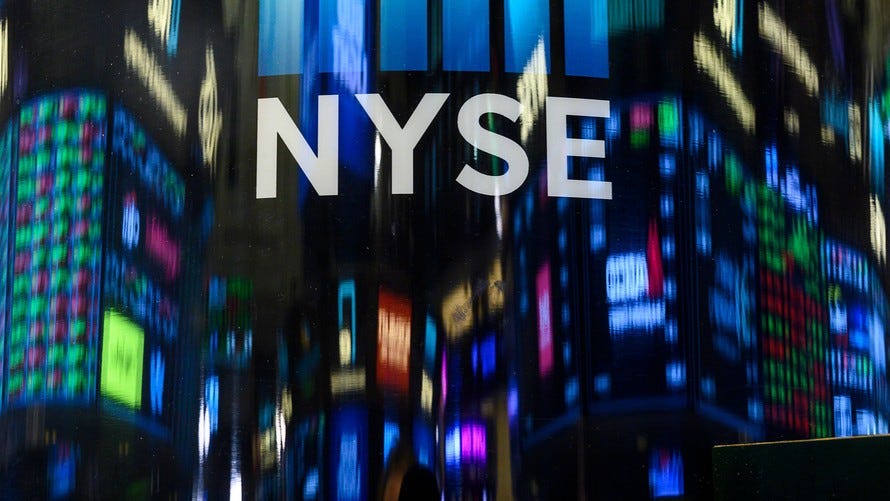
- Indices
- Stocks
The Middle East in focus on Wall Street
Do you want to know how to make money from this?
Register for free and get expert advice, access to a training course and webinars.
Key points:
- All three major indices (Dow Jones, S&P 500, Nasdaq) showed significant declines.
- Markets are in uncertainty due to the upcoming release of corporate earnings and the situation in the Middle East.
- The approaching Milton hurricane and the aftermath of Hurricane Helen have heightened investor concerns.
All three of Wall Street’s major indices ended Monday’s trading down by around 1%. Contributing to this decline was the rise in government bond yields, which reflects a decreased likelihood of a swift monetary policy easing by the Federal Reserve and concern over the impact of the Middle East conflict on oil prices.
The Dow Jones Industrial Average fell by 398.51 points, or 0.94%, to 41,954.24, the S&P 500 lost 55.13 points, or 0.96%, to 5,695.94, and the Nasdaq Composite dropped by 213.94 points, or 1.18%, to 17,923.90.
What is driving market volatility?
On Monday, stock markets displayed negative dynamics driven by several factors.
Firstly, investors were awaiting the release of quarterly earnings reports and fresh economic data, which heightened uncertainty.
Secondly, the approaching Milton hurricane, which is forecasted to hit the United States in the coming days, raised concerns about potential economic impacts. Amid ongoing rescue operations following the devastating Hurricane Helen, which claimed the lives of over 200 people, market sentiment remained tense.
The court ruling against Alphabet also negatively affected the index. Additionally, analyst reports on Amazon.com and Apple Inc. contributed to increased selling of these companies’ stocks. Recent employment data, which exceeded analysts’ expectations, reduced the likelihood of a significant interest rate cut by the Federal Reserve in November.
Experts point to the conflict in the Middle East as a growing concern for U.S. investors, who worry about the economic consequences of the war, including rising oil prices. Investors remain uneasy about how Israel will respond to Iran’s missile strikes. On Monday, the Lebanese militant group Hezbollah fired rockets at the Israeli city of Haifa, while Israeli troops seemed ready to expand ground raids into southern Lebanon.
Energy sector closed in the green
Do you want to know
How to make money from the news
Register for free and get:
- Expert consultation;
- Access to the training course;
- Opportunity to participate in webinars

